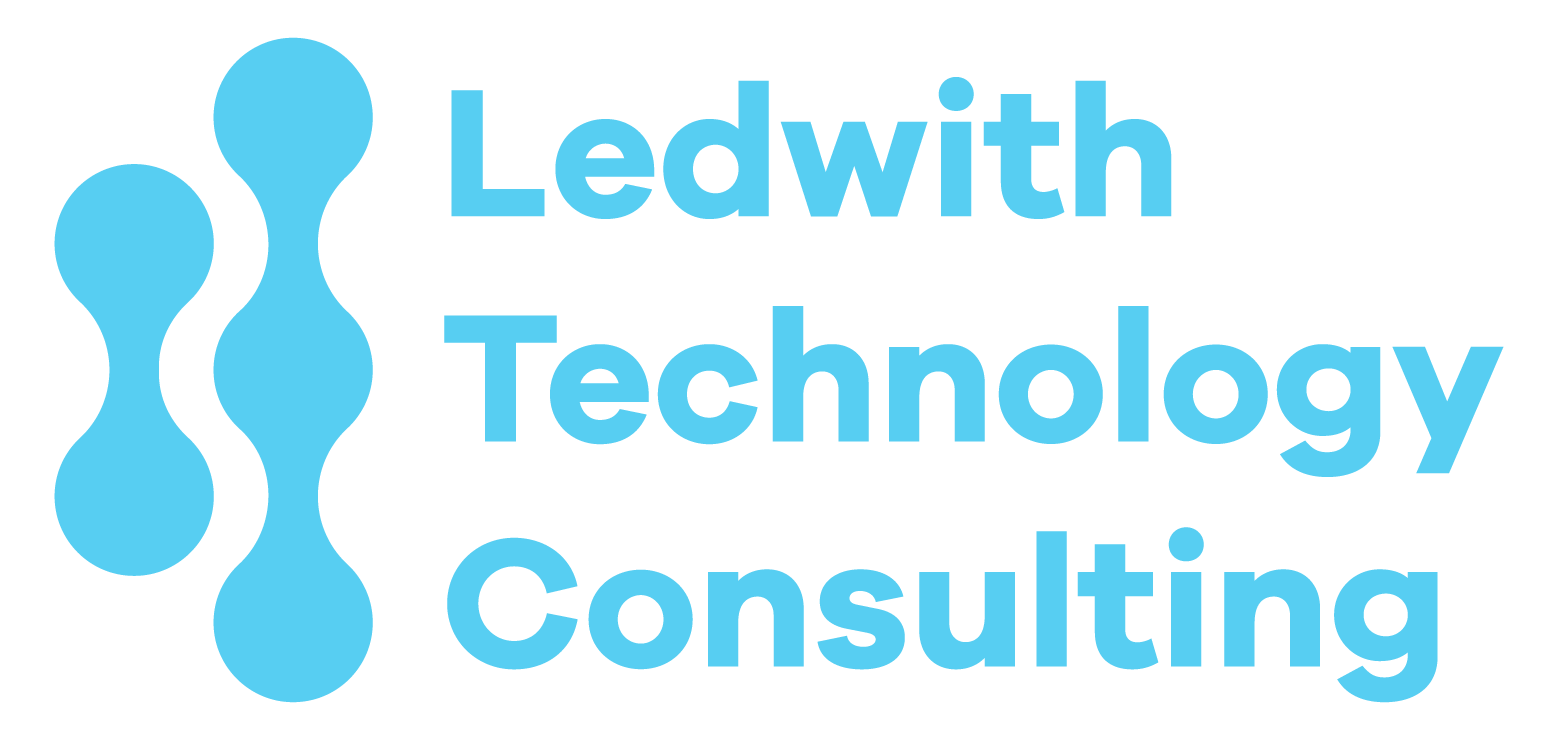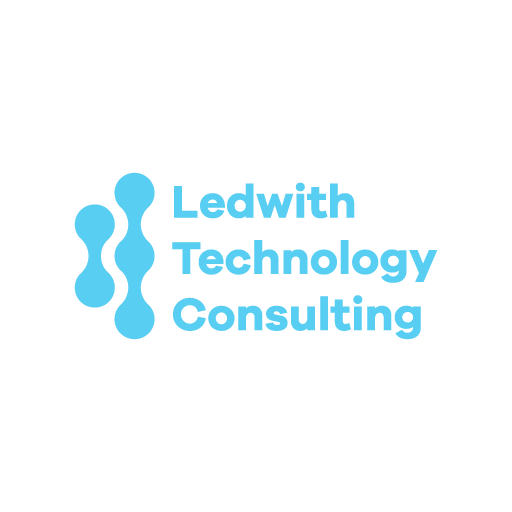By Stephen Ledwith March 31, 2025
Data has become the lifeblood of modern enterprises, but with that comes a heightened focus on privacy and regulation. From the General Data Protection Regulation (GDPR) in Europe to state-specific laws in the U.S., companies now face an ever-evolving web of compliance obligations. I’ve witnessed firsthand how audits, regulations, and mounting legal scrutiny can derail projects—or, conversely, serve as catalysts for building a more secure, customer-friendly product.
When I was tasked with creating IT General Control (ITGC) policies, it wasn’t about checking a box. We had to overhaul entire workflows, from how engineers wrote code to how data was stored and retrieved. The stakes were high: failing an audit yet again could have hammered our company’s reputation and share price. Through transparency, training, and collaboration across departments, we spun what initially looked like an obstacle into a competitive advantage. Strong compliance meant our customers could trust us with their data—and that trust became a selling point.
Data privacy is not just a legal concern; it’s a strategic differentiator. In the real estate technology space, for instance, agents and brokers need to know that sensitive client data—addresses, mortgage details, personal info—isn’t being mishandled. Demonstrating robust privacy practices can seal the deal with prospective partners. Conversely, a single data breach can crumble credibility overnight. That’s why investing in compliance early can actually save your organization time and money, sparing you from crisis-mode firefighting later.

Of course, compliance is rarely static. Laws change. Global expansions introduce new requirements. In my roles, I’ve had to keep up with everything from obscure local real estate regulations to shifting cross-border data handling policies. Staying agile means you need a well-defined process for tracking legal changes, updating documentation, and training teams on new mandates. Here, strong leadership is crucial. You have to articulate the “why,” helping teams see that these measures protect them and their work as much as they protect customers.
Technology solutions for compliance are also maturing. Cloud service providers offer region-specific data residency options; advanced encryption tools can handle secure data in transit and at rest; identity and access management systems streamline who can see which datasets. While these tools reduce the manual burden, there is no silver bullet. Without the right organizational mindset, these tools often go underutilized or improperly configured. Effective data governance is ultimately about people and processes. Technology is just there to assist.
In essence, enhanced data privacy and compliance signal a new era of corporate accountability. Yes, the regulations can feel daunting. But if approached strategically, they can also spark innovation. By building secure, privacy-focused architectures, you gain a leg up on competitors who treat compliance like an afterthought. Your customers, stakeholders, and regulators will notice—and that trust is something no marketing campaign can replicate. Through each initiative I’ve led, I’ve seen that prioritizing privacy from the ground up can transform compliance from a burden into a brand asset.



